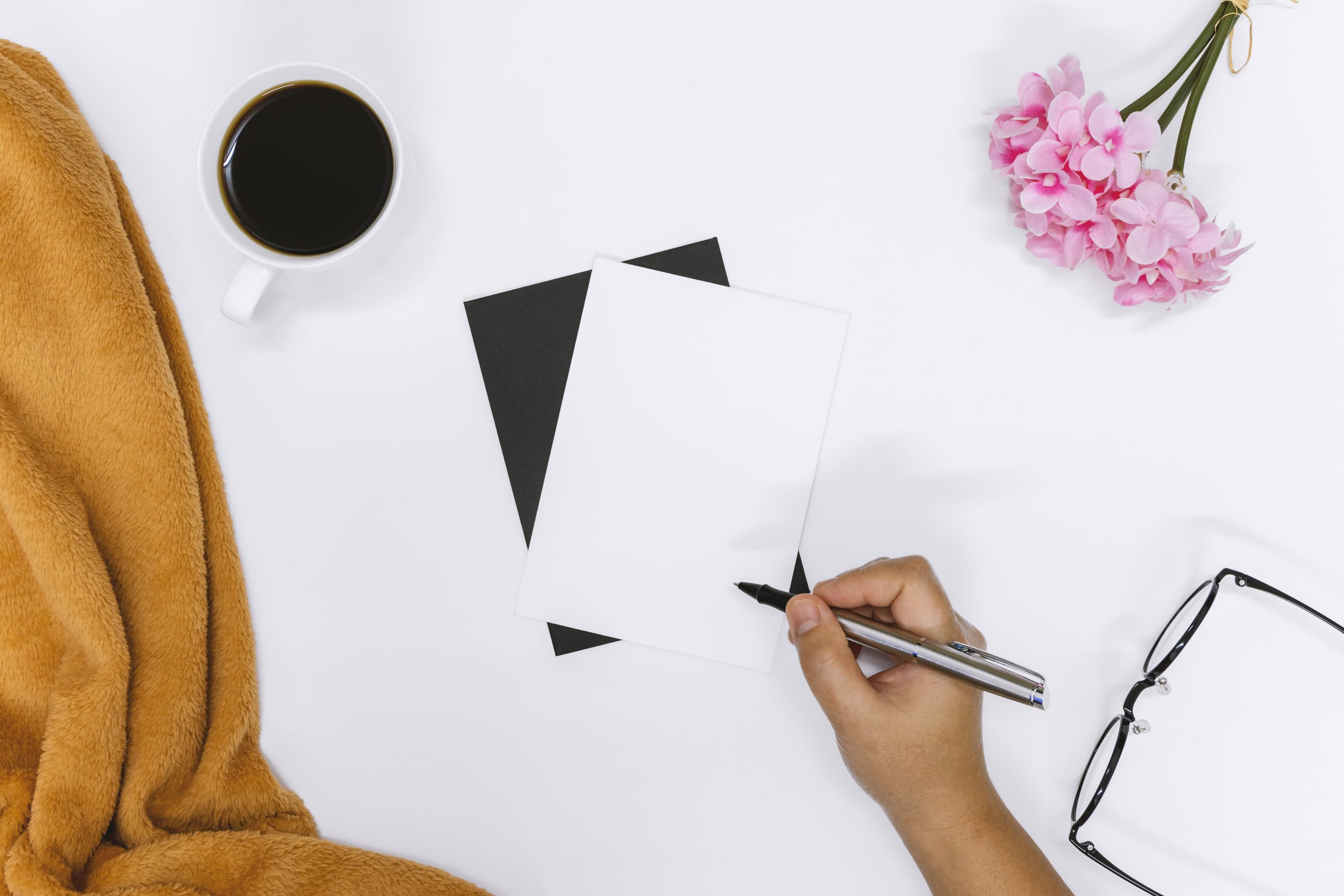Hand writing thank you notes could massively benefit mental wellbeing
Putting pen to paper could boost your mental wellbeing.


It's a traditional pastime many of us don't partake in any more - but writing thank you notes could do great things for our mental health, according to new research.
A fascinating study from The University of Texas at Austin entitled 'Undervaluing Gratitude: Expressers Misunderstand the Consequences of Showing Appreciation', shows that taking the time to write a thank you note can benefit your own mental wellbeing, as well as the person you're thanking.
Nowadays, we're much more likely to send over a quick text or message on social media, rather than taking the time to write a letter to say thank you.
The study argues, 'egocentric bias may lead expressers to systematically undervalue its positive impact on recipients in a way that could keep people from expressing gratitude more often in everyday life.'
Research done in the field of positive psychology concludes that 'gratitude helps people feel more positive emotions, relish good experiences, improve their health, deal with adversity, and build strong relationships'.
But it's not just physical presents that are deserving of a note of appreciation.
MORE:Feeling snug is critical for our wellbeing, psychologist reveals
Sign up to our free daily email for the latest royal and entertainment news, interesting opinion, expert advice on styling and beauty trends, and no-nonsense guides to the health and wellness questions you want answered.
During three different experiments, researchers asked participants to write a letter of gratitude to someone who had done something nice for them. They were then asked to predict how the recipients would feel when they opened the letter.

Unsurprisingly, the overwhelming feeling was that the notes would make people awkward. However, the predictions couldn't have been more wrong.
“We looked at what’s correlating with people’s likelihood of expressing gratitude – what drives those choices – and what we found is that predictions or expectations of that awkwardness, that anticipation of how a recipient would feel – those are the things that matter when people are deciding whether to express gratitude or not,” said Amit Kumar, whose findings were published in the journalPsychological Scienceat the University of Texas at Austin.
MORE:The rise of the one-to-one wellness class: meet the women leading and taking them
“People often fret that they won’t be able to express their appreciation eloquently enough. When we’re thinking about ourselves, we tend to think about how competent we are, and whether we are going to be articulate in how we’re expressing gratitude,” he said.
“What we saw is that it only takes a couple of minutes to compose letters like these, thoughtful ones and sincere ones. It comes at little cost, but the benefits are larger than people expect.”
Lauren is the former Deputy Digital Editor at woman&home and became a journalist mainly because she enjoys being nosy. With a background in features journalism, Lauren worked on the woman&home brand for four years before going freelance. Before woman&home Lauren worked across a variety of women's lifestyle titles, including GoodTo, Woman's Own, and Woman magazine.
